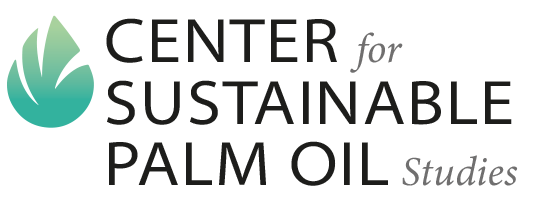- New cutter with digital sensors can reach taller oil palms
- Worst-ever worker shortage in Malaysia leaves fruit rotting

December 14, 2021
A Malaysian firm is developing a harvesting tool for palm oil that could accelerate automation in an industry that is known not only for its grueling conditions, but is also suffering from a chronic labor shortage.
Production of palm oil, the world’s most-consumed edible oil, is set for five-year lows in No. 2 grower Malaysia after the government shut borders and froze hiring of foreign workers due to the Covid-19 pandemic. Farmers have been forced to let their fruit rot in trees, preventing them from maximizing harvests at a time when palm oil prices have rallied to record highs.
The worker crunch has magnified the urgency for “intelligent” harvesting tools and automation in oil palm plantations, which has a low level of digitalization compared to other industries, according to Girish Ramachandran, co-founder of IRGA, a precision farming solutions provider headquartered in Kuala Lumpur. The technology can also reduce Malaysia’s reliance on foreign workers by making the sector more appealing to locals, he added.

The machine, dubbed “HARVi”, is the first palm tree cutter with digital intelligence and precision harvesting software. Digital sensors can detect the location of the worker and the tree, as well as whether the worker is cutting fruit or pruning fronds, Girish said in an interview. The data can be accessed through a mobile app, eliminating time-consuming manual tasks such as counting of fruit bunches.
Access to this level of granular data will provide greater transparency on the supply chain at a time when international pressure for stricter environmental, social, and governance standards in the palm oil industry is mounting.
“From the tree to the mill there is very, very low digitalization. People are still running manual processes that are absurd,” he said.
Automation in the palm oil industry has been slow in part due to the sector’s difficult and dangerous conditions.
Oil palm fruit grows in dense bunches wedged between thorny fronds as much as 40 feet (12 meters) off the ground, each bunch with about 1,000 to 3,000 fruitlets that together weigh around 15 to 25 kilograms (33 to 55 lbs). Skilled workers typically use sharp sickles attached on poles to slice fruit bunches by hand and transport them by wheelbarrow. Mechanized cutters are often too expensive for smallholders.
And unlike soybeans or rapeseed, which are waist-high crops grown on flat fields suitable for giant harvesting machines, cultivation of palms is tricky on the sometimes hilly terrains of Malaysia and top grower Indonesia. While some big Malaysian planters have begun to use drones for applying fertilizer, automation still has a “long way to go,” Economy Minister Mustapa Mohamed said in October.
The “HARVi,” which is expected to be ready for sale by April, can go some way to address the difficult picking conditions. Compared to cutters being used now, it is lighter, easier to handle and can eventually tackle taller palm trees, Girish said. It currently allows workers to harvest fruit bunches up to 20 feet high, compared to 12-14 feet now, he said.
“With technology and digitalization we’re able to enhance productivity, and as a consequence, provide higher income share to field workers and reduce labor requirements,” Girish said. “We should not be dependent on foreign labor in the long term.”
By Anuradha Raghu
Original link: https://www.bloomberg.com/news/articles/2021-12-15/digital-cutters-for-trees-to-ease-malaysia-palm-oil-labor-crunch


